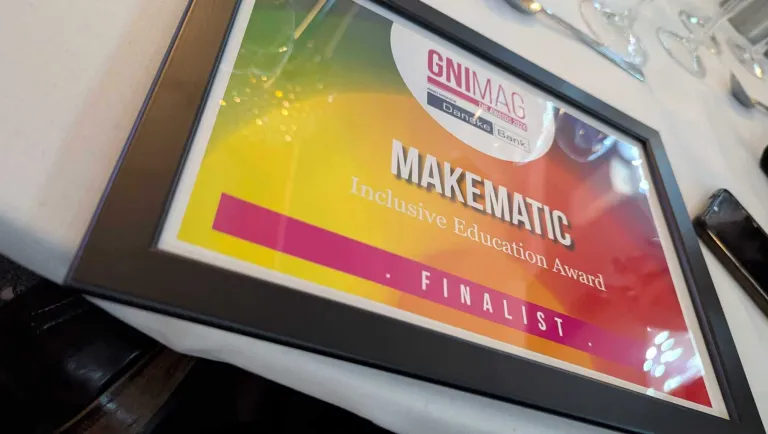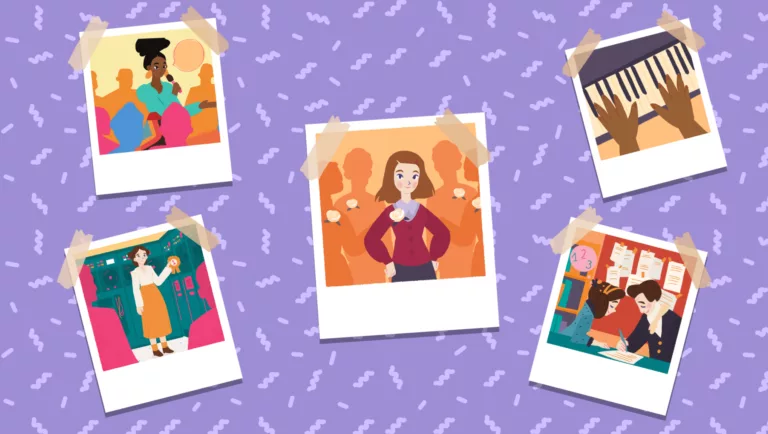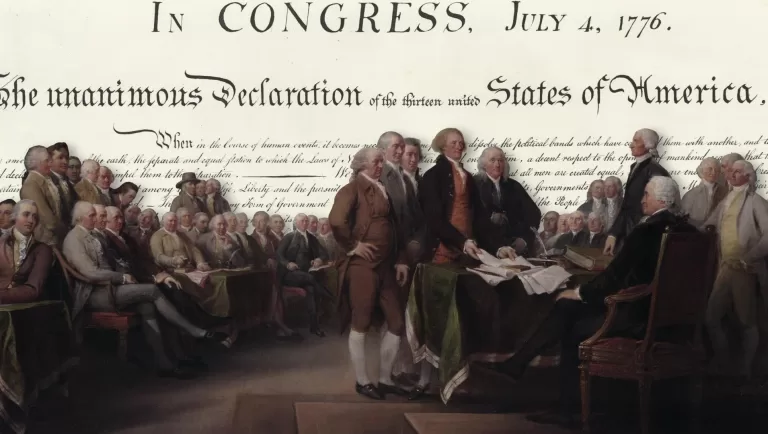
How Social Is Your Network?
In 2018 the Irish Independent ran an article all about how the tech moguls who invented social media have banned their own children from it.
Fast forward three years and we’ve seen how Facebook et al have been thoroughly detrimental to global democracy. Their algorithms are easily manipulated to the purpose of those who wish to distort and draw a murky cloak around truth, so much so that we’ve reached a stage where much of what is now posted on social media sites should be taken with a very large pinch of salt.
We all have previously sane friends and acquaintances who have been “rabbit-holed” by conspiracy theorists touting nonsensical rubbish – a friend recently tried to convince me that they’d learned that the Covid vaccine is a placebo when considering that Edward Jenner’s smallpox vaccine took almost 200 years to become an effective vaccine which eradicated that awful disease. Shockingly, in our house, the first thing I knew about the recent Netflix phenomenon Squid Game, was when my 6-year-old son came home and told me to watch it! Of course, we don’t allow him any access to Facebook, TikTok, Twitter, Instagram, or any of the other fake-news-spreaders let alone content for adults on Netflix. A child in his class had seen clips of the ultra-violent Korean series on TikTok and had told all his classmates about it with glee. In due course, we received a letter from my son’s school warning everyone that the programme was not suitable for a primary school audience as happened in many schools across the world.
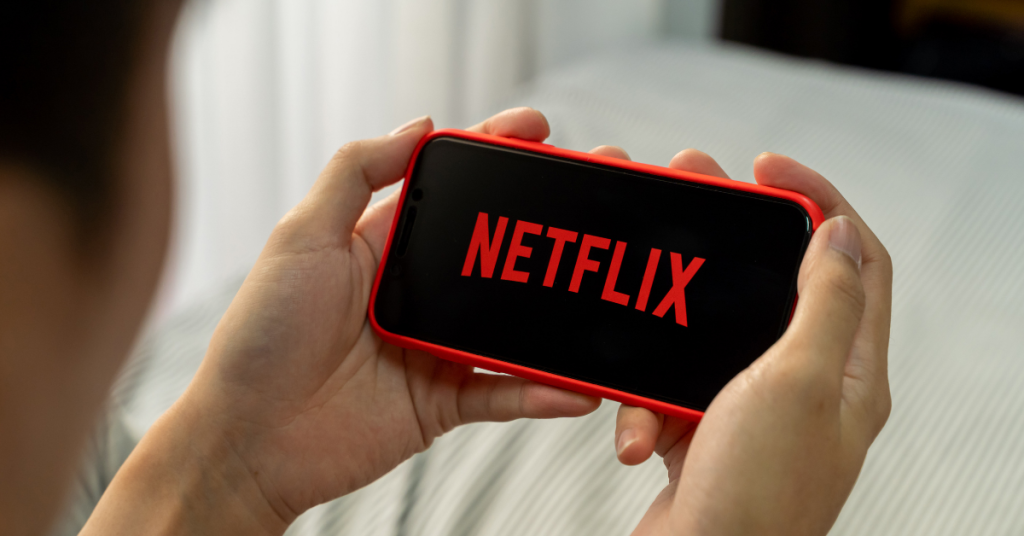
Recently a long-overdue letter was written to Mark Zuckerberg by the largest teachers’ union in the USA, the NEA. In it, they pointed out to him that Facebook has a duty of care to its users. Teachers in the USA are bearing the brunt of attacks which are filmed for fun as well as problems in their communities driven by Facebook’s algorithms that promote division and lies. I haven’t seen a response from Zuckerberg himself, but since then, and after the damning and recent evidence from Frances Haugen that they clearly put people before profits, Facebook’s holding company has changed its name to Meta, in the hope that they can distance themselves from the disgraceful global misinformation that they have knowingly and willingly allowed to occur in the pursuit of ever-increasing profits.
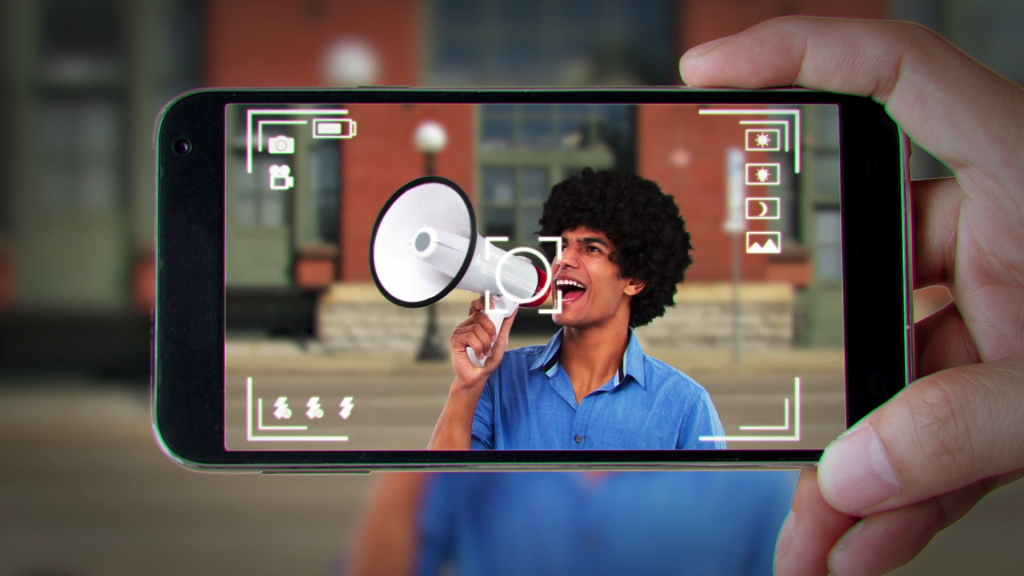
This in turn has led to a trademark dispute. A small Arizona retailer have already registered Meta as a trademark of their own a year ago, although by the looks of it, this won’t stop the behemoth from simply juggernauting through widely respected IP laws which they can do by simply registering the trademark Meta in a territory which doesn’t have a searchable IP Law database. This flagrant disregard for all things decent once again illustrates that perhaps Facebook is not best placed to moderate itself.
Social media has the power to do a lot of good and has a definite positive place in the world. But unfortunately, in the case of Facebook et al, because of the way their algorithms work, extreme-thinking and action is being encouraged. Facebook et al do play an important role in society and conversely have played a central role in destabilising democracy and encouraging aggression and violence towards others.
All of this points to the fact that we must ensure that our children and their friends don’t fall foul of the misinformation that has caused so much chaos in our own lives. There’s no doubt that video plays a central role in all of this. Youtube and TikTok are made up entirely of video content. Facebook, Twitter, Instagram, and others are fast encroaching the space of these too. I know in our house we carefully restrict the sites that our two young boys visit. Youtube Kids is where the list stops right now, and it seems as though Google have done a great job in monitoring the content that sits on the Youtube Kids platform. Whilst video content is key in the learning experience of any 21st century learner, the source must always be fact-checked and fact-checked again.

For those educators who wish to use the dynamic of video in their products and lessons without worry, our own community Video Supercharged Learning is aiming to lead the way. Our content is carefully curated by ourselves and the members of our community, most of whom are educators themselves. Recommendations are shared across the platform. We only make video-content which is suitable for those of school age, with specific age groups indicated in everything that we produce.
To learn more about how you can harness the power of video in education, come and join our community – Video Supercharged Learning. You will find tips and tricks on how to use video to engage, motivate and supercharge learning. We will be running exclusive webinars for our community members, and we’ll share invaluable resources helping everyone unlock this powerful and thought-provoking medium. Don’t miss out!
